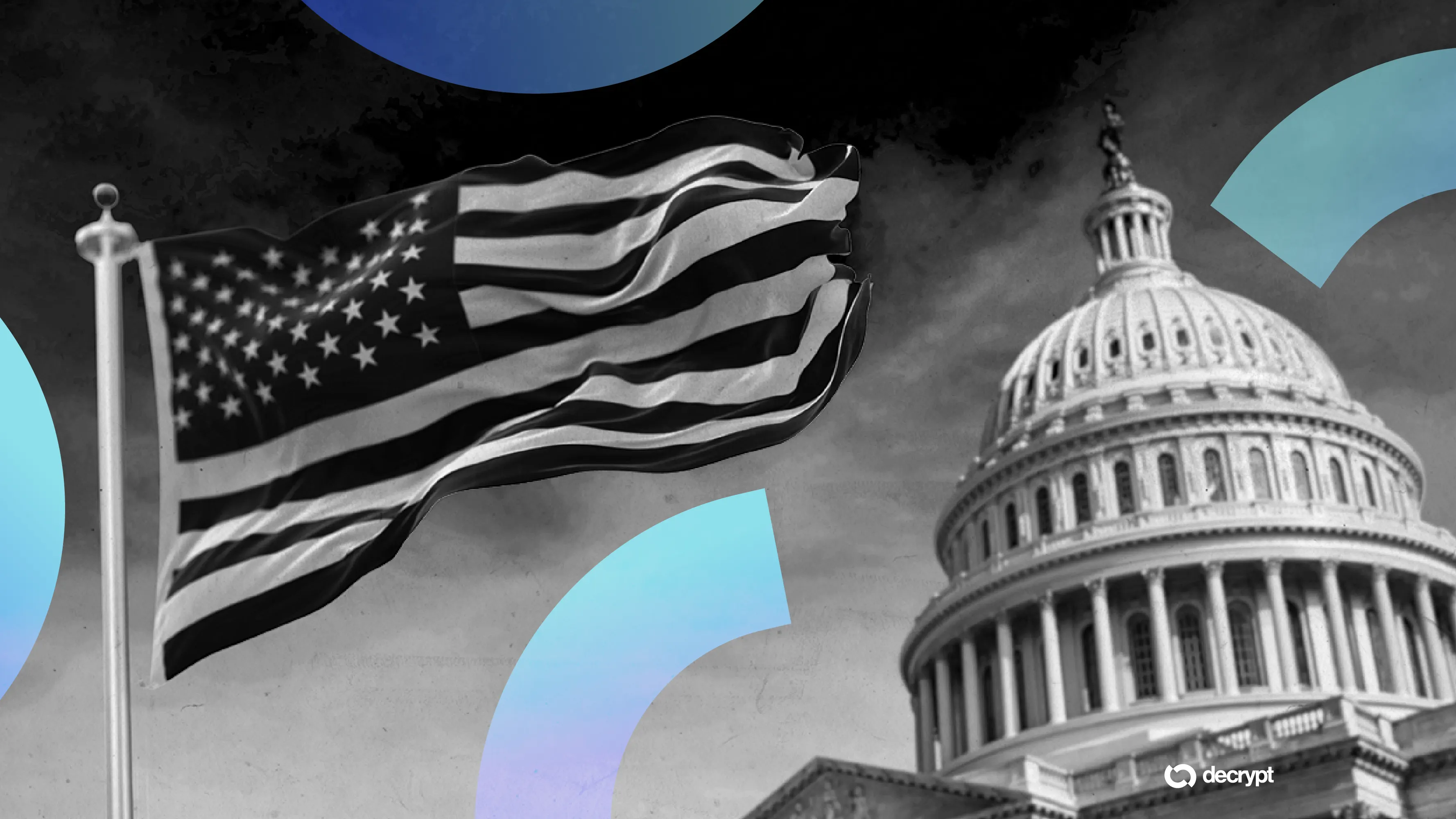In brief
- The ordinance mandates licenses for fiat-referenced stablecoin (FRS) issuers under the HKMA
- Issuers must meet reserve, redemption, AML, and risk management standards
- It comes as the U.S. Senate advances its own stablecoin framework
Hong Kong passed legislation on Wednesday creating a licensing regime for fiat-referenced stablecoins, advancing its goal of becoming a digital asset hub while responding to concerns over investor protection and financial stability.
The new law, passed by the city’s Legislative Council, requires FRS issuers to obtain a license from the Hong Kong Monetary Authority (HKMA).
Licensees must comply with a range of requirements covering reserve asset management, redemption at par value, segregation of client funds, anti-money laundering controls, disclosure, and fitness and propriety standards.
"The Ordinance adheres to the ‘same activity, same risks, same regulation’ principle, with a focus on a risk-based approach to promote a robust regulatory environment," Christopher Hui, Secretary for Financial Services and the Treasury, said in a statement.
"This is not only in line with international regulatory requirements, but also lays a solid foundation for Hong Kong’s virtual asset market," he added.

Hong Kong Regulator Now Lets Regulated Firms Offer Staking Services
Hong Kong's Securities and Futures Commission (SFC) published guidance Monday permitting licensed virtual asset trading platforms to offer staking services, following its efforts to establish the city as a hub for crypto and virtual assets in the Asia-Pacific region. The announcement came during SFC Executive Director Christina Choi's keynote speech at the Hong Kong Web3 Festival 2025, during which she framed how virtual assets could spur innovation in finance. Choi, who leads the SFC's Investme...
Embracing crypto
The law is part of Hong Kong’s efforts to rehabilitate its crypto reputation and encourage the growth of the industry after the collapse of fraudulent exchange JPEX in 2023.
Occurring just as Hong Kong pivoted to embracing crypto after years of hesitation, authorities are now attempting to strike a difficult balance between encouraging innovation in digital assets while ensuring retail investors are shielded from abuse.
Under the new regime, only licensed institutions can issue an FRS in Hong Kong, and only licensed offerings may be marketed to retail investors.
Unauthorized advertisements will be banned, even during the six-month grace period before enforcement begins. The HKMA will consult further on detailed requirements.
The market for stablecoins in Hong Kong remains modest compared to global volumes.
"The new bill gives issuers something tangible: clarity on licensing, redemption obligations, reserve requirements, and a framework that’s friendly to traditional finance," Justin d’Anethan, head of sales at token advisory firm Liquifi, told Decrypt. "But let’s be candid, Hong Kong remains a smaller node in global stablecoin activity."

Hong Kong Official Vows to 'Severely Reprimand' Meme Coin Scammers
Crypto scammers today impersonated a Hong Kong official on X, formerly Twitter, and pumped and dumped a fraudulent meme coin that they pushed as an "official" Hong Kong token called "KONG." An account on X masquerading as Chief Executive John Lee claimed that the "National Hong Kong Coin" was going to make its debut on Solana. The now-deleted post said the supposed Hong Kong token marked "a new era in digital innovation and economic growth," and would "transform the future of finance." On Facebo...
Tether continues to be the preferred cryptocurrency in the numerous OTC trading shops in Hong Kong. At the same time, U.S. dollar-backed assets in American markets remain the leading force in the stablecoin sector worldwide.
Hong Kong's legislation comes as the U.S. Senate advances its own stablecoin bill. The GENIUS Act, which recently cleared a key procedural vote, would create a nationwide legal framework for issuing stablecoins in the U.S. The act must still pass the House before reaching President Trump, who is expected to sign it into law.
"For a while, Hong Kong, Singapore, and to some extent Dubai, held the crown when it came to forward-leaning crypto policy. But the last six months flipped the script," d’Anethan said. "The U.S., long seen as adversarial, became the unexpected epicenter of pro-crypto regulatory momentum."
Hong Kong's stablecoin ordinance is expected to come into effect later this year, with transitional provisions to help issuers adjust to the new regime.
Edited by Sebastian Sinclair




